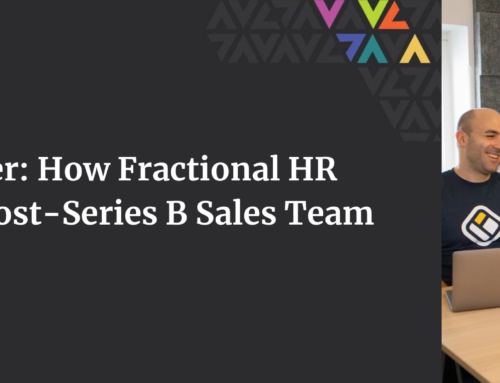
In the early stages of a startup, financial management often falls into the hands of individuals who are not truly financial experts.
Scenario 1: Bobby the Bookkeeper
One common scenario is relying on “Bobby the Bookkeeper” to produce monthly financial statements. While Bobby may be diligent, his lack of financial expertise can result in inaccurate financial reports. This is rarely due to malicious intent, but rather a lack of financial sophistication. Founders, eager to focus on their business ideas, may not fully understand or prioritize the intricacies of financial management.
Scenario 2: Outsourcing Offshore
To alleviate the burden of financial management, some portfolio companies may turn to offshore accounting teams for cost-saving purposes. While these offshore teams may be efficient in executing tasks, they often lack a deep understanding of U.S. accounting standards. They do precisely what they are instructed to do, but they might not comprehend the underlying financial implications or context.
They Get What They Pay For
As ever, the adage “you get what you pay for” rings true. A portfolio company founder’s choice to stick with Bobby or opt for offshore accounting may save costs initially but can lead to long-term financial challenges. As the business grows, these basic financial resources may struggle to keep up with the increasing complexity of financial management.
What is the solution?
The First Step: Refer in a More Senior Financial Professional
You might consider referring in a more senior financial professional, such as a Controller, Cash Flow Specialist or Finance Director. You may even suggest a more sophisticated accounting firm. While these solutions may offer more expertise than Bobby or offshore teams, they can still be limited in their scope and directed by the founder, who may not be a financial expert themselves.
The Game-Changing Referral: The CFO
A game-changer in the financial management of portfolio companies is the introduction of a CFO. Unlike other scenarios, a CFO possesses a wealth of financial experience and can tailor their expertise to the specific needs of the client and business.
One of the primary advantages of a CFO is the ability to clean up historical financial performance records. By accurately accounting for past transactions, the CFO provides a clear picture of the portfolio company’s financial health. This historical accuracy serves as the foundation for identifying existing issues, unlocking growth opportunities and creating a more realistic planning model, forecast and budget.
With a reliable financial foundation in place, a CFO can guide investors and founders on various strategic decisions, such as human capital investment, technology investment and geographic expansion. They can also provide insights into future performance indicators, helping companies make informed choices about expanding to new states or introducing new product offerings.
In essence, a CFO empowers portfolio companies to make data-driven decisions. By understanding the historical financial performance, investors and founders can align on where the problems lie, which informs collective opportunities and allows for more accurate predictions about the future. While no one can predict the future with absolute certainty, a CFO’s expertise ensures that planning models and forecasts are more firmly grounded in reality.
In Conclusion
The journey from Bobby the Bookkeeper to a CFO is a critical step in supporting portfolio companies in pivoting from growth mode to truly scaling. It enables businesses to move beyond mere transactional accounting and empowers them with strategic financial guidance. By investing in experienced financial leadership, portfolio companies can navigate complex financial landscapes, make informed decisions and pave the way for sustainable scaling and exit.



